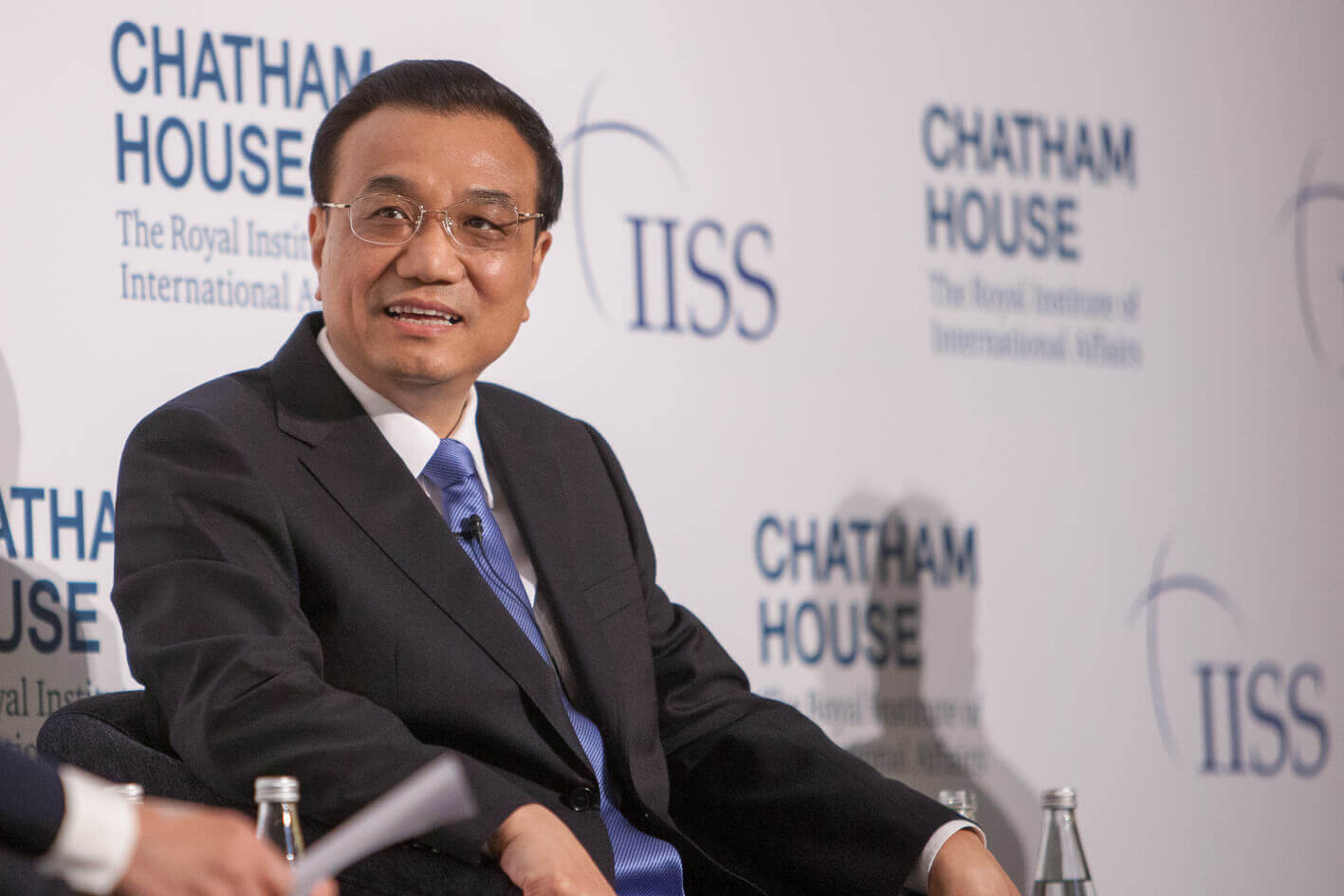Pakistan’s counterterrorism authorities on Monday arrested a woman for attempting to carry out a suicide attack against a Chinese convoy along the China-Pakistan Economic Corridor (CPEC). The woman is said to be a member of the same group that carried out the terrorist attack that killed three Chinese teachers outside the University of Karachi last month.
The apprehended woman was discovered by Pakistani authorities during a raid in the town of Hoshab in Balochistan. Authorities seized an explosive device and said that the woman was a member of the Balochistan Liberation Army (BLA), the same terrorist organisation that carried out the attack on the Confucius Institute at the University of Karachi on April 26. The Pakistani counterterrorism manhunt is currently underway to arrest other members of the group involved in the April attack.
The news of the foiled plot came on the same day that Chinese Premier Li Keqiang held a phone conversation with Pakistani Prime Minister (PM) Shahbaz Sharif about strengthening counterterrorism forces and security.
Chinese Premier Li Keqiang told Pakistani PM Shahbaz Sharif in a phone conversation Monday that #China prioritizes its ties with #Pakistan in its international diplomacy, while also strongly condemned the Karachi terrorist attack where Chinese nationals were killed. pic.twitter.com/lf6mNlbzB1
— libijian李碧建 (@libijian2) May 16, 2022
Referring to the Karachi accident, Li said that Beijing was “shocked and outraged by the recent attack on Chinese citizens in Karachi and strongly condemns this terrorist attack.” He added that he hopes that Pakistan “will bring the perpetrators to justice as soon as possible, make every effort to deal with the follow-up matters of the casualties, comfort the bereaved families and the injured, and comprehensively strengthen security measures for Chinese institutions and personnel in Pakistan to ensure that similar tragedies will not recur.”
Both leaders shared the view that the Pak-China All-Weather Strategic Cooperative Partnership must continue to serve the vital interests of the peoples of the two countries, as well as the broader interests of peace and stability amidst the evolving regional and global milieu.
— Prime Minister's Office (@PakPMO) May 16, 2022
Shahbaz responded by expressing his “deep condolences” over the deaths and stressed that his administration “strongly condemns terrorism and cherishes the life safety of Chinese personnel in Pakistan.” He added that Islamabad “regards the Chinese casualties as its own compatriots without distinction” and that it “will do its utmost to investigate the truth of the incident, arrest the perpetrators and punish them to the full extent of the law.” “The Pakistani side will strengthen security measures for all Chinese institutions and personnel in Pakistan to ensure that similar incidents will not happen again,” he assured.
One person was killed and 12 injured in a bomb blast late on Thursday in Karachi, police said, just two weeks after a suicide attack by a Pakistan separatist group killed four in the same city https://t.co/7wLk5n5Poi pic.twitter.com/EOpkeEysBS
— AFP News Agency (@AFP) May 13, 2022
The recent suicide bombing and foiled attempts are the latest in a string of attacks by the BLA against Chinese nationals in Pakistan. In 2017, ten workers were gunned down by two BLA members. The group said the purpose was to express its stern opposition to the CPEC and would continue to threaten China with “even harsher” attacks if it does not halt projects in Pakistan.
Similarly, in 2018, the group attacked the Chinese Consulate-General in Karachi. Soon after, two children of Chinese nationality were killed and three others wounded in an attack on the Gwadar port. Likewise, in 2019, a luxury hotel near a China-funded project in Balochistan was attacked by gunmen, killing eight people. More recently, last July, an explosion in Pakistan’s Khyber Pakhtunkhwa province caused a bus to tumble into a ravine, killing 12 people, including nine Chinese nationals. The New York Times reported that several Chinese passengers on the bus were engineers, surveyors, and mechanical staff working at a China-funded hydroelectric project in Dasu in the Upper Kohistan district.
The BLA argues that the region does not receive its fair share of revenue from the mineral and petrochemical extraction operations in its region and that the employment opportunities generated by the CPEC are awarded to Chinese nationals. Balochistan’s residents also think that the project is imperialistic, as the influx of tourism and industrial processes into the region would reduce the ethnic dominance of the Baloch people.
PM Shehbaz Sharif and H.E. Mr. Li Keqiang, Premier of the State Council of the People’s Republic of China, held a comprehensive telephonic conversation. The talks b/w two leaders were marked by traditional warmth and cordiality, which is the hallmark of Pak-China relationship. pic.twitter.com/dVo8Kt0ILQ
— Government of Pakistan (@GovtofPakistan) May 16, 2022
However, the latest security threat is unlikely to affect the cooperation between the two allies. They ended their most recent discussion by agreeing to “firmly” safeguard national sovereignty and security, develop the economy, maintain financial stability, strengthen strategic communication, and advance cooperation on major projects such as the CPEC. In fact, Li began the conversation by hailing the two countries‘ “iron-clad” relationship, while Sharif said his government would “not allow anyone to harm the time-tested All-Weather Strategic Cooperative Partnership.” Similarly, Li vowed to expand Chinese investment in Pakistan as well as two-way trade.
Sharif also made a veiled reference to Kashmir, saying that he had thanked Li for China’s “firm support to Pakistan’s sovereignty, territorial integrity, and national development.”
Back in August 2020, Chinese foreign ministry spokesperson Wang Wenbing said India’s “unilateral” decision to “change the status quo” was “illegal and invalid,” referring to its decision to revoke Article 370 in August 2019.
More recently, at the Organization of Islamic Cooperation summit in Islamabad this March, Chinese Foreign Minister Wang Yi said China shares the “same hope” as that of other group members in their support for Kashmir’s “just freedom struggles,” reiterating China’s longstanding support for Pakistan regarding the Kashmir dispute with India.

